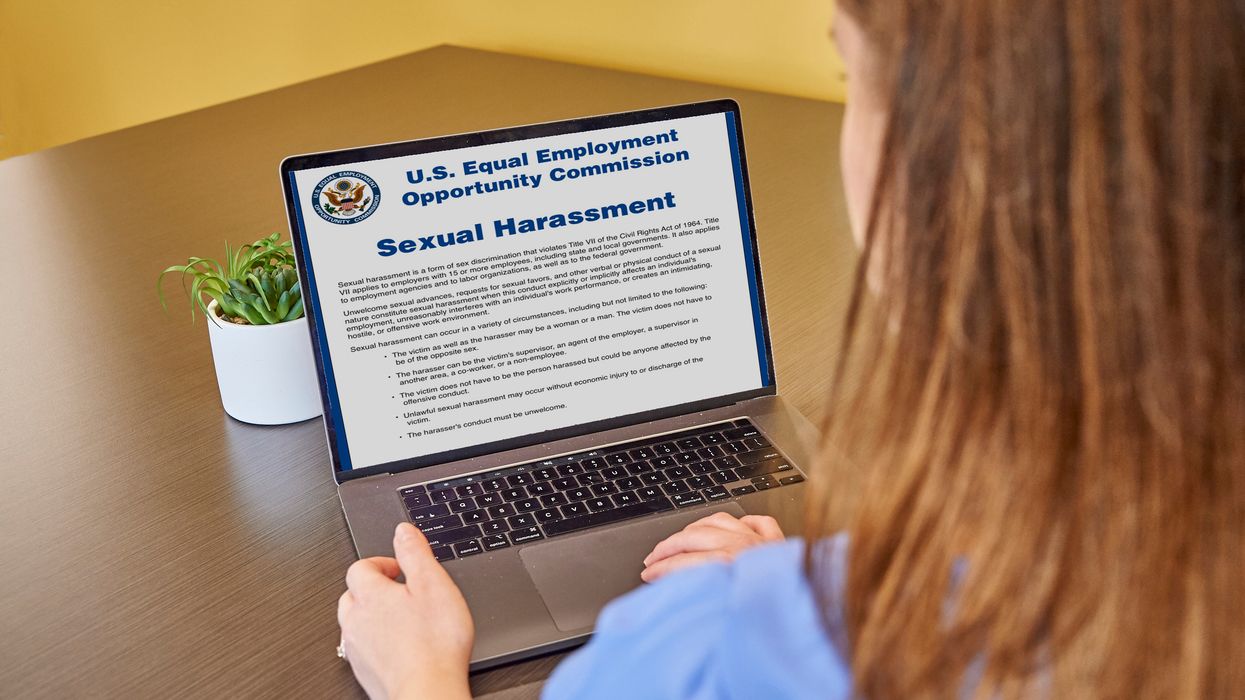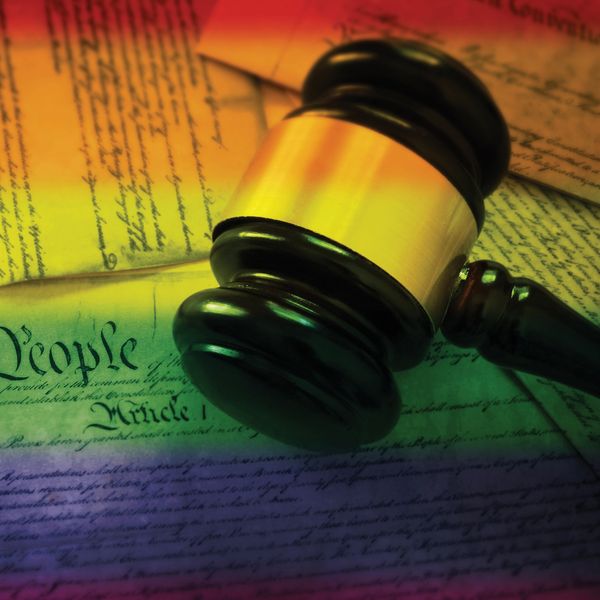Trucking company drove gay mechanics to quit, EEOC says
A trucking company will pay $460,000 to settle a sexual orientation and retaliation lawsuit filed by the U.S. Equal Employment Opportunity Commission.
The EEOC said the company violated federal law at an Ohio facility by subjecting two gay mechanics to harassment and termination because of their sexual orientation and retaliated against them for complaining about the harassment.
Starting in late 2018, workers and supervisors allegedly harassed the mechanics by using anti-gay slurs and other derogatory language, being physically violent, defacing their uniforms, and taking part in other hostile behavior, the EEOC said in an April news release.
Human resources officials and managers knew about the harassment but didn’t stop or prevent it. After the mechanics reported the harassment, the shop manager allegedly threatened to fire anyone who complained to HR, and the mechanics were subject to more harassment, including having their personal property destroyed, receiving less favorable work assignments, and being forced to quit, EEOC said.
The trucking company’s conduct violates Title VII of the Civil Rights Act of 1964, which prohibits discrimination because of sexual orientation and gender identity as well as retaliation for calling out the discrimination.
The multi-year consent decree resolving the lawsuit requires the trucking companies to provide back pay and more than $300,000 in compensatory and other statutory damages to two discrimination victims. The decree also enjoins the companies from discriminating against employees based on sex in the future, including sexual orientation and gender identity, and from retaliation.
The court-ordered injunctive relief applies to the companies’ other locations nationwide and not just the Ohio location where the harassment occurred. According to the decree, the companies must:
- Create and maintain a third-party, toll-free hotline for employees to report sex discrimination or retaliation, with an option for anonymous reporting, and
- Promptly investigate all complaints.
The decree terms also address the need for better quality investigations of such complaints and provides for EEOC monitoring and review of periodic company reports.
History of LGBTQ workplace protections
Workplace protections for LGBTQ workers have been in place for several years. In June 2020, the U.S. Supreme Court held in Bostock v. Clayton County that Title VII protections extend to sexual orientation and gender identity or transgender status. Before Bostock, many state and local laws already extended protection based on sexual orientation and gender identity to varying degrees.
Is your workplace compliant?
This recent EEOC lawsuit should serve as a reminder for employers to implement these best practices:
- Review policies and handbooks to ensure that nondiscrimination and harassment policies extend to sexual orientation and gender identity;
- Communicate and train employees on these policies;
- Make it clear to employees that it’s unacceptable to guess about a coworker’s sexual orientation because of looks or actions, or to make assumptions about coworkers based on stereotypes of their sexuality or gender identity.
- Emphasize to employees that offensive jokes, using derogatory terms to refer to other employees, and gossip about coworkers can all be hurtful and are considered forms of harassment.
- Be sure employees understand the consequences of harassment and encourage them to report any harassment or discrimination they witness or experience. Assure them that the company will take any complaints seriously, and then make sure it does.
- Refrain from taking any adverse employment actions against employees based on sexual orientation and gender identity;
- Thoroughly document and investigate all allegations of suspected sexual harassment or discrimination based on sexual orientation or gender identity.
It’s important for supervisors to know that if they are aware of sexual harassment in the workplace and do not report it or take appropriate action, the company may be held liable for allowing a hostile work environment to exist.
Key to remember: A trucking company will pay $460,000 to settle a claim that two gay mechanics were harassed and forced to quit their jobs.





















































